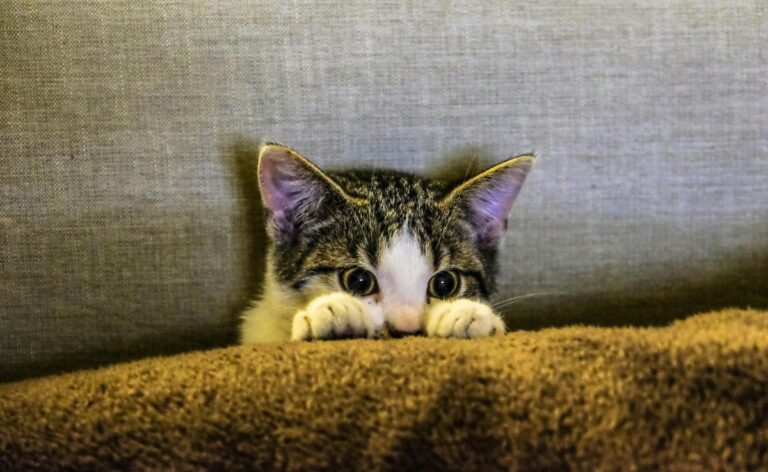10 Signs Your Cat Is Bored and What To Do About It
Introduction
Cats are smart, curious, and naturally athletic hunters who crave action in their lives. Without enough stimulation, they can turn into little couch potatoes—or worse, troublemakers! From behavioral quirks to overeating, boredom can creep in quickly. But don’t worry; there are ways to keep your cat entertained and happy.
If your cat’s antics seem off or their snooze time has hit an all-time high, they might be bored out of their whiskers. Let’s explore seven telltale signs of boredom and what you can do to turn those yawns into playful purrs.
Excessive Grooming
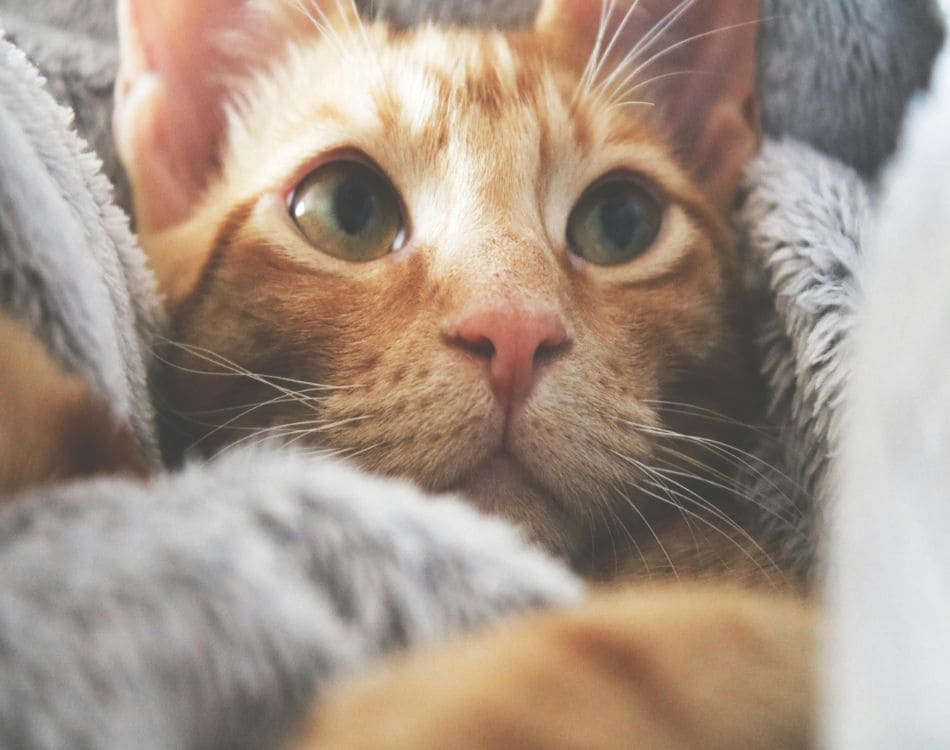
Is your cat’s fur starting to resemble a patchy DIY haircut? Over-grooming could be their way of saying, “I’m bored!” Cats may lick themselves obsessively to self-soothe. Watch out for bald spots or irritated skin—your cat might need a new outlet for their energy.
Destructive Behavior
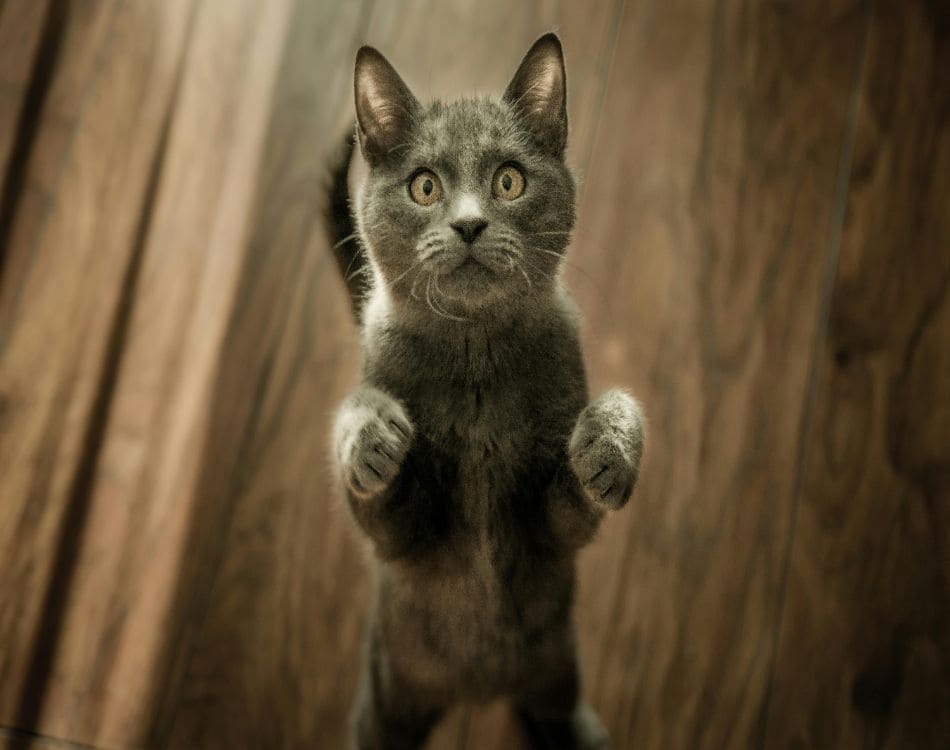
Claw marks on your couch? Curtains shredded to ribbons? A bored cat is a destructive cat. Without proper stimulation, your feline friend may take their frustration out on your belongings. Think of it as their way of saying, “Play with me already!”
Increased Vocalization
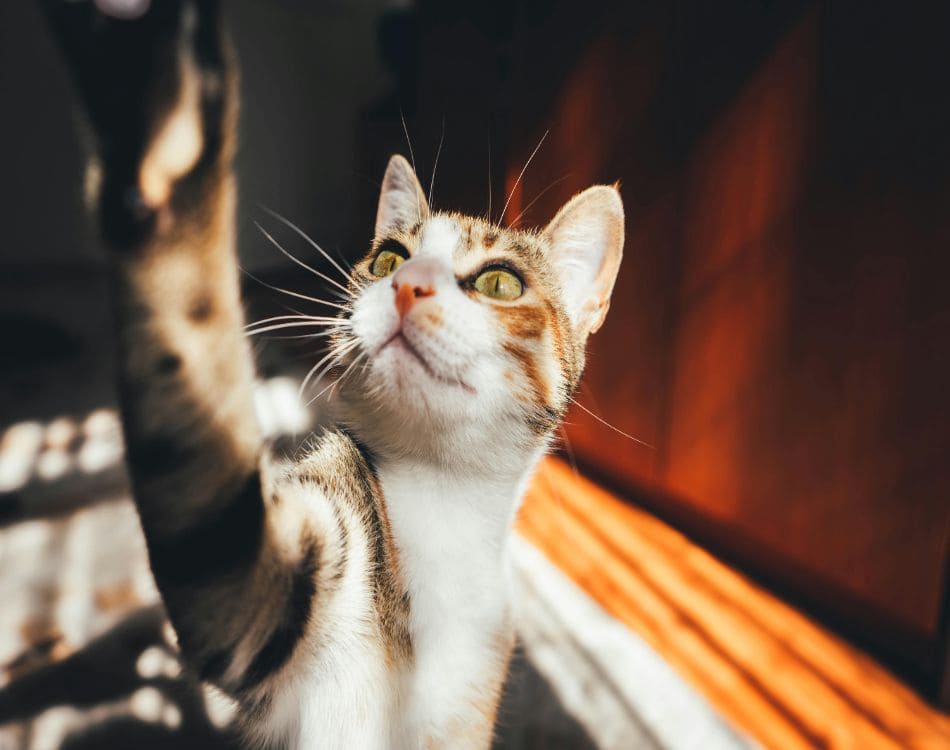
Endless meowing or dramatic howling? Your cat might be talking your ear off because they’re bored. Vocalization is their attempt to grab your attention and tell you they’re ready for some fun—or at least something more interesting than napping.
Lack of Interest in Toys
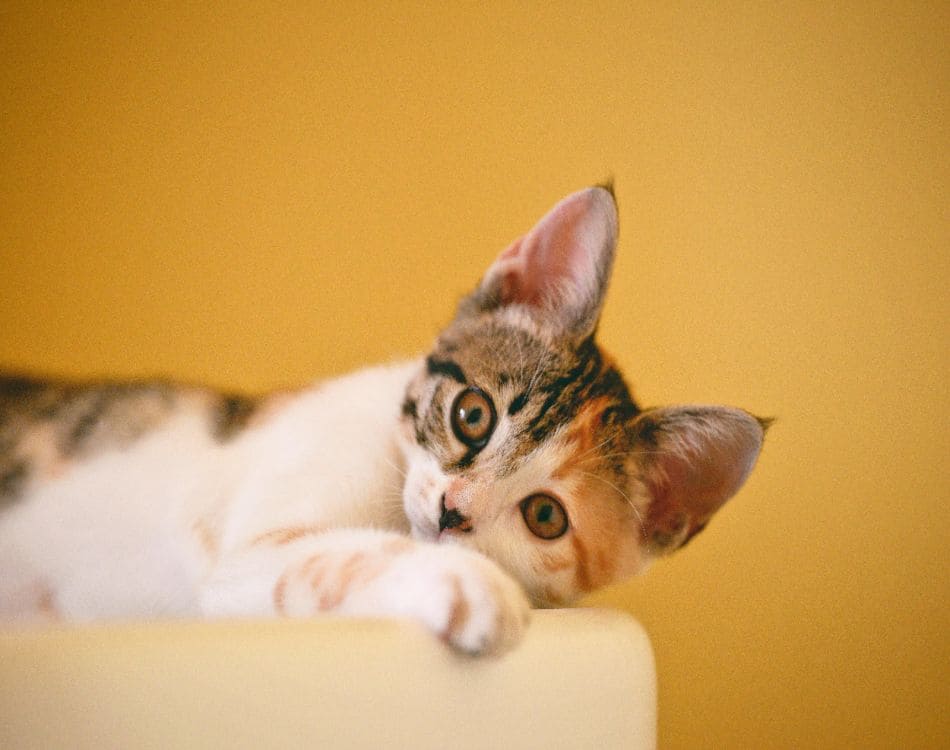
If your cat gives you the side-eye when you toss a toy, it’s a sign they’re uninspired. Cats need variety to stay engaged. A disinterest in toys or playtime might mean it’s time to up your game with fresher, more interactive options.
Sleeping More Than Usual
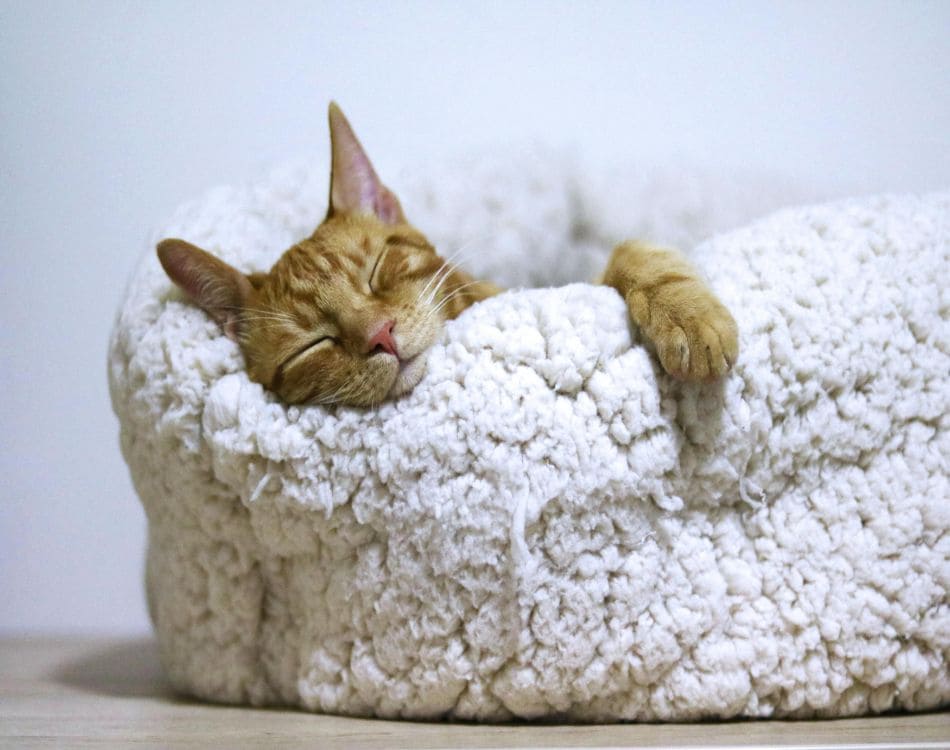
While cats are professional nappers, excessive sleep can signal boredom. Without enough stimulation, they snooze to pass the time. If your cat’s day feels like a never-ending siesta, it’s time to spice up their environment.
Attention-Seeking Behavior
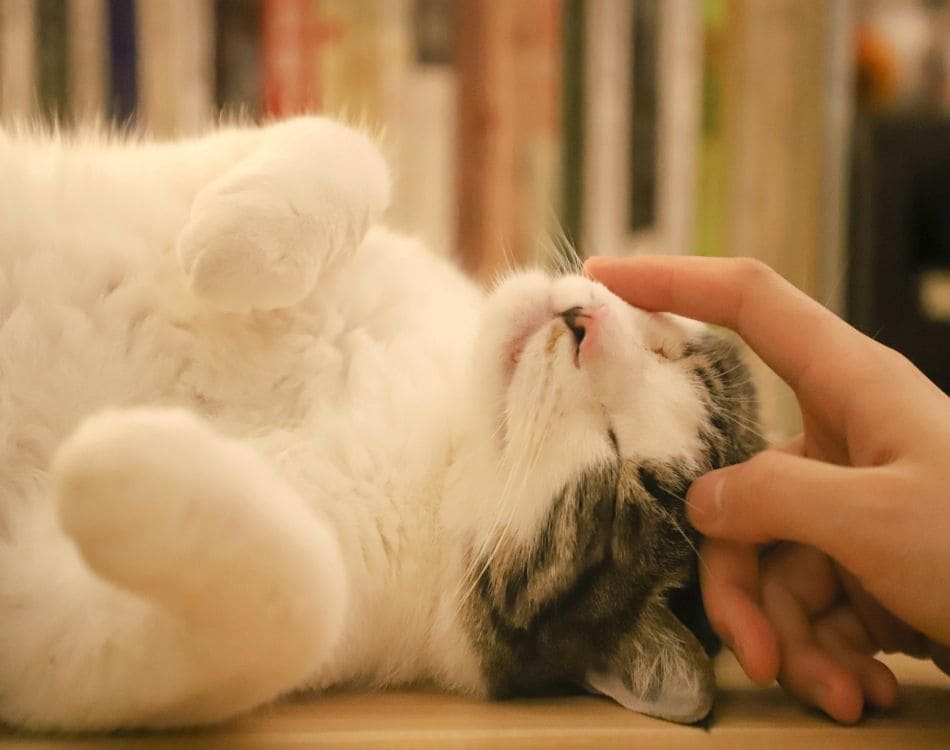
Is your cat constantly pawing at you or invading your lap? Boredom often leads to clingy, attention-seeking behavior. They’re not just being needy—they’re asking for interaction, play, and maybe even a little adventure to brighten their day.
Overeating or Loss of Appetite
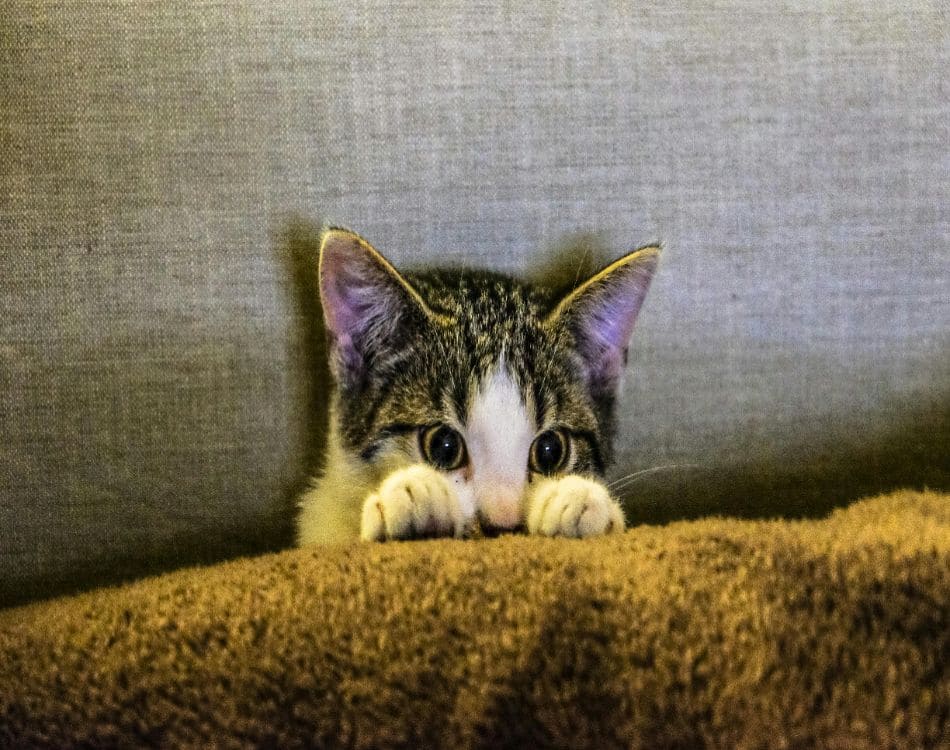
Changes in eating habits—whether it’s chowing down like a food critic or turning their nose up at meals—can be flag. Overeating can lead to weight gain, while a loss of appetite might indicate they’re feeling emotionally out of sync.
Hiding or Avoiding Interaction
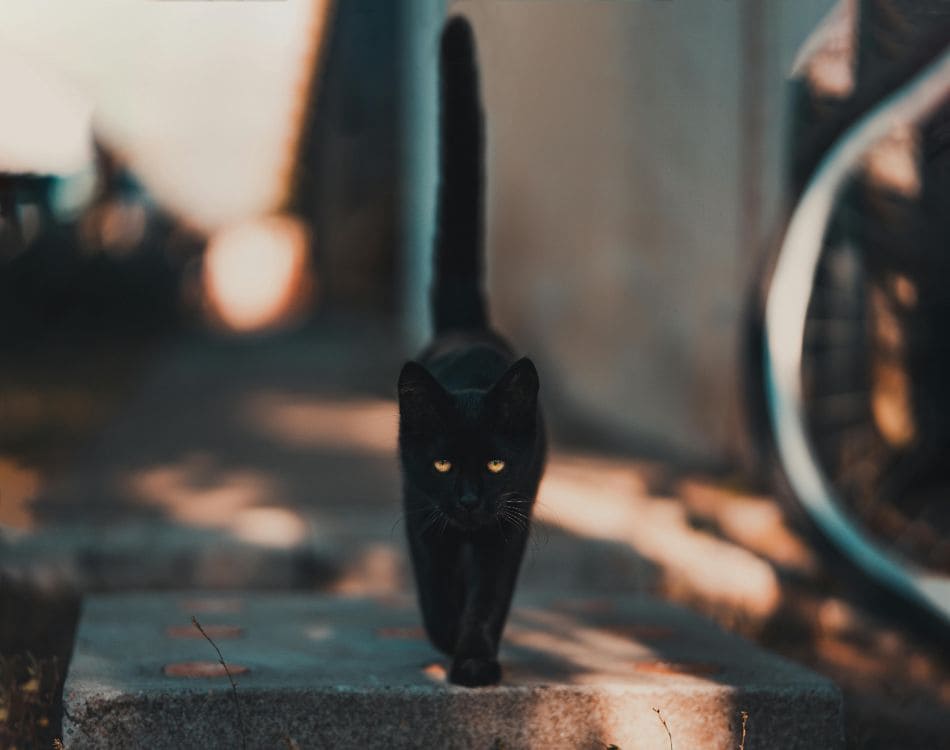
If your usually social cat is hiding more often or avoiding interaction, it could be a sign of boredom. Cats that lack stimulation might withdraw and retreat to quiet spaces, needing a reason to re-engage with their environment.
Obsessive Behavior
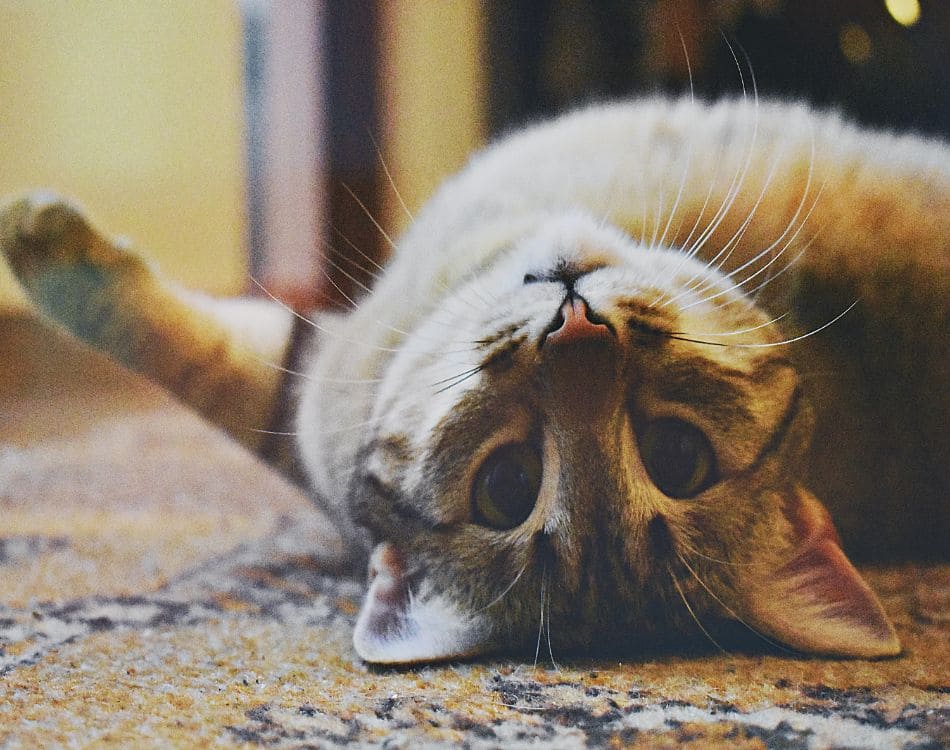
Does your cat chase their tail excessively or repetitively paw at surfaces? Obsessive behaviors can indicate that they’re trying to fill their time with anything that feels stimulating, even if it’s not healthy or productive.
Zoomies at Odd Hours

While the occasional late-night zoomies are normal, excessive or erratic bursts of energy could signal boredom. Your cat may be burning off pent-up energy due to a lack of engagement during the day.
How to Alleviate Cat Boredom
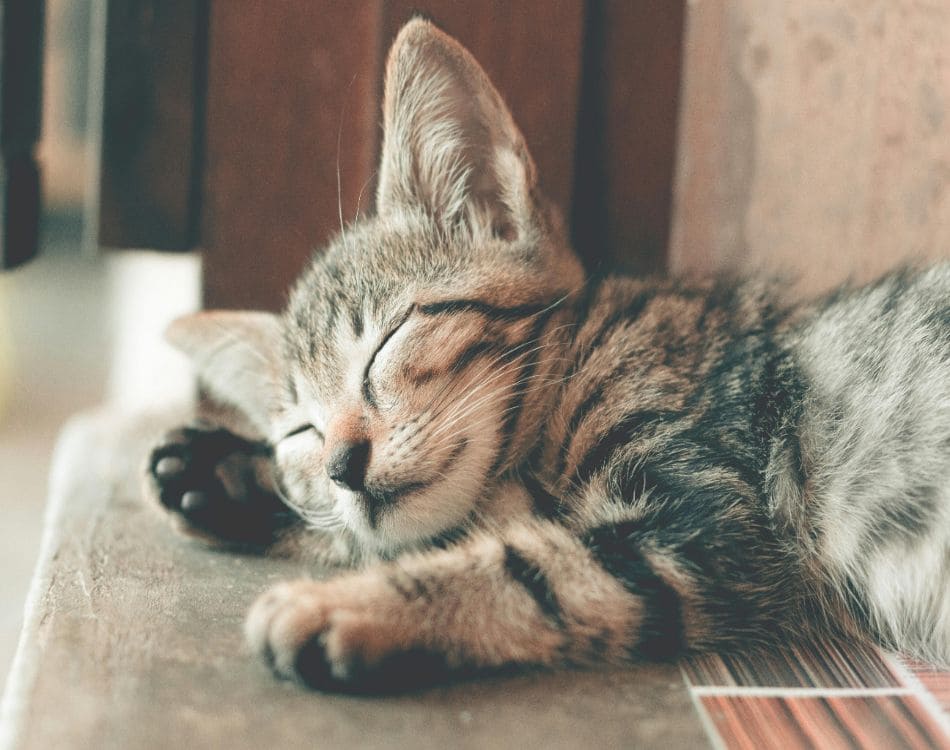
Play is essential for cats as it taps into their natural hunting instincts, keeps them physically fit, and provides mental stimulation. It prevents boredom, reduces stress, and strengthens the bond between cats and their owners, ensuring a happy, healthy feline.
Provide Interactive Toys

Bring out your cat’s inner hunter with puzzle toys, treat dispensers, or feather wands. Keep the excitement alive by rotating toys regularly. Nothing beats the thrill of stalking “prey” in the comfort of their own home!
Engage in Playtime

Grab a laser pointer or interactive toy and get moving! Regular play sessions not only entertain your cat but also strengthen your bond. Set aside a few minutes daily to keep their mind sharp and their heart happy.
Create an Enriched Environment

Transform your space into a feline playground. Add scratching posts, tunnels, and cat trees for climbing adventures. Window perches are a bonus—cats love watching the world go by, whether it’s birds, squirrels, or nosy neighbors.
Establish a Routine

Cats are creatures of habit. By scheduling regular playtimes or meals, you give them the structure they crave. A predictable routine helps alleviate boredom and keeps your cat feeling secure and engaged.
Consider Companion Cats

If your cat seems lonely, consider adding another furry friend to the mix. With proper introductions and a good personality match, a second cat can provide endless entertainment and companionship for your bored kitty.
Conclusion
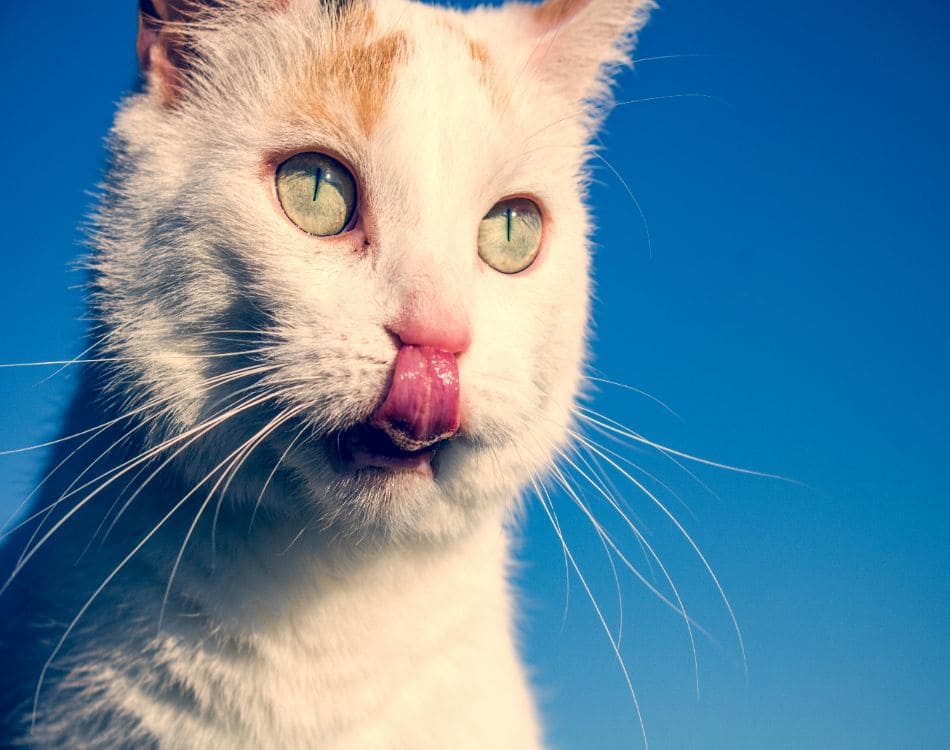
Boredom can turn even the most chill cat into a troublemaker, but it’s easy to fix with the right strategies. By recognizing the signs and taking action, you’ll keep your feline friend happy, active, and out of mischief. A little effort goes a long way toward a purr-fectly content cat!






